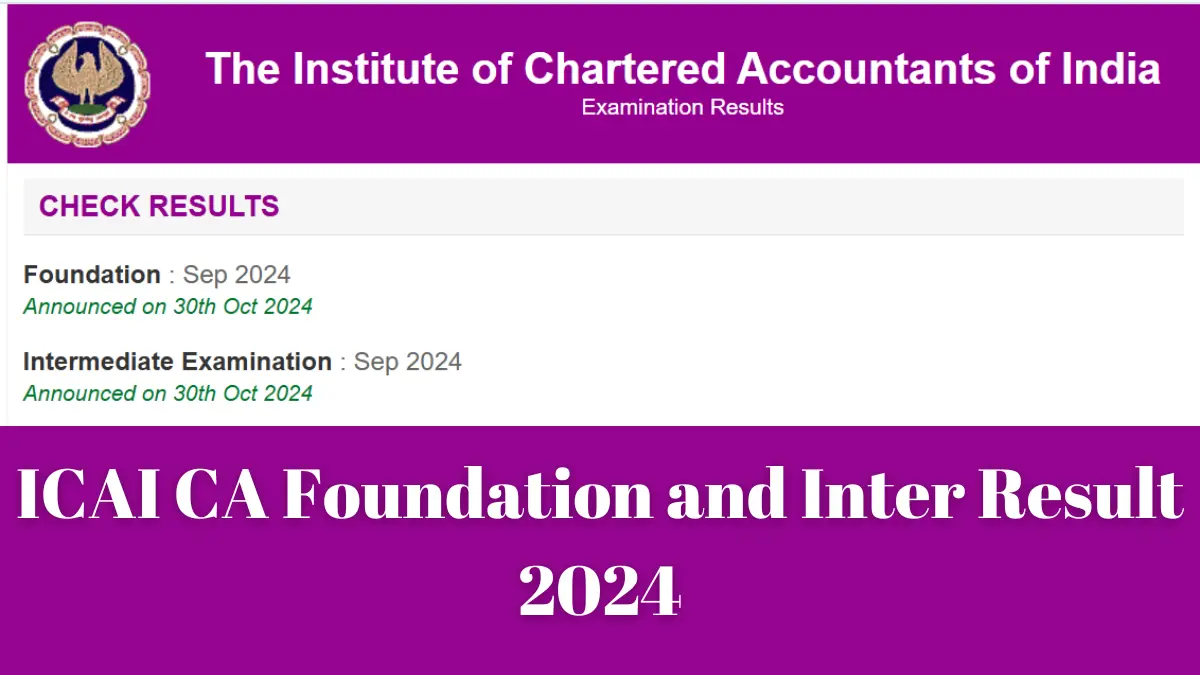The Reserve Bank of India (RBI) has made adjustments to credit card laws, giving users more freedom with their billing cycle.
New Credit Card Rules: The Reserve Bank of India (RBI) has changed the regulations regulating credit cards, giving users more freedom with their billing cycle. This new law permits credit cardholders to alter their billing cycle numerous times at their leisure, breaking away from the prior restriction of a single change enforced by banks and financial organizations.
Table of Contents
ToggleChanges in the Billing Cycle
To take advantage of this flexibility, clients must first pay off any outstanding balances on their credit cards. Once this criterion is completed, customers can submit a request to alter their billing cycle. using a variety of channels, including phone, email, and mobile apps provided by their banks. This improved method allows consumers to simply change their billing cycle to meet their budgetary requirements.

Advantages of the New Credit Card Rule
The option to change the billing cycle provides various benefits to credit card holders. For starters, it allows businesses to choose a bill payment date that is consistent with their cash flow and assures timely payments. Furthermore, by carefully modifying the billing cycle, clients may extend the interest-free time on their credit cards, improving their financial management.
Furthermore, the greater flexibility enables people to coordinate bill payments across various credit cards, which simplifies their financial commitments.
Understanding The Billing Cycle
A credit card’s billing cycle normally runs from the seventh to the sixth of the following month. During this time, all credit card transactions are combined into a statement that is delivered to the cardholder. The billing cycle might last between 27 and 31 days, depending on the credit card issuer and card type.
New Credit Card Rules: Their Impact on Customers
Previously, credit card firms set their own billing cycles for each cardholder, which frequently inconvenienced users. However, with the RBI’s new guideline, clients now have the flexibility to change their payment cycle many times to better meet their preferences and financial requirements. This increased flexibility improves client happiness and streamlines credit card administration.

Avoiding pitfalls
The new restriction also acts as a warning to credit cardholders to avoid paying only the minimum amount owing on their invoices. Opting for the minimum payment not only incurs interest on the present debt, but it also cancels the interest-free period on future purchases.
To reduce these risks, financial experts advocate paying the entire credit card account in full before the due date.

Impact on Bill Payment Dates
Changing the billing cycle also affects the credit card bill payment due date. This updated due date is generally 15 to 20 days after the statement date, giving clients an extended interest-free period of 45 to 50 days. Customers may pay their credit card bills within this window without suffering any additional fees, promoting smart financial management.
(Disclaimer: The preceding content is intended for informative purposes only and should not be construed as investment advice. Times Now Digital recommends that its readers and viewers check with their financial experts before making any money-related choices.



